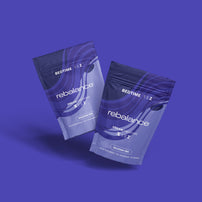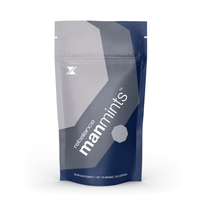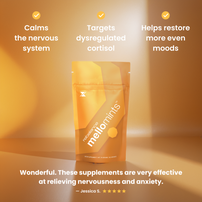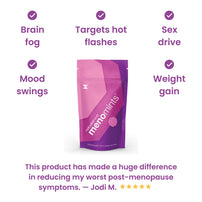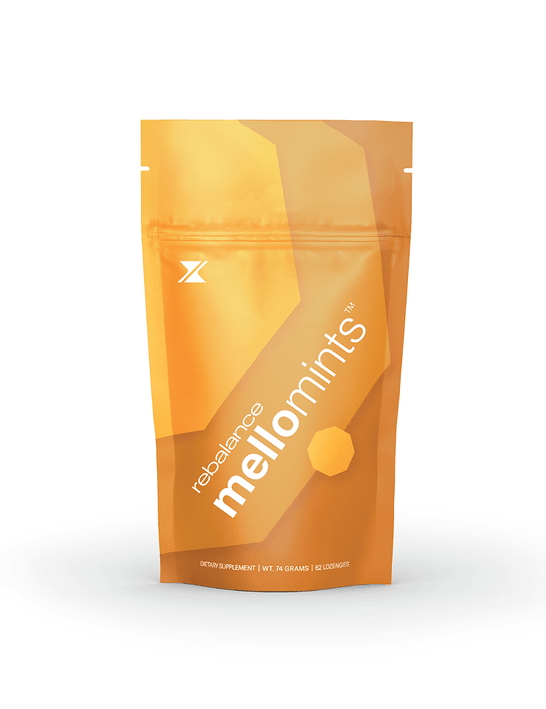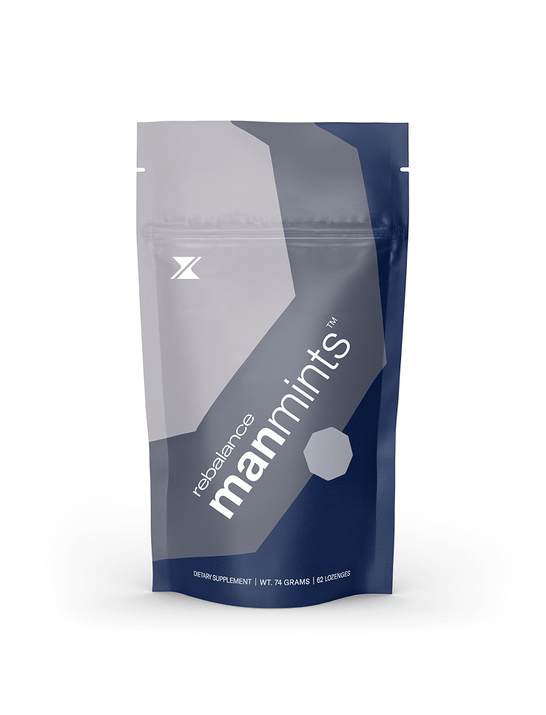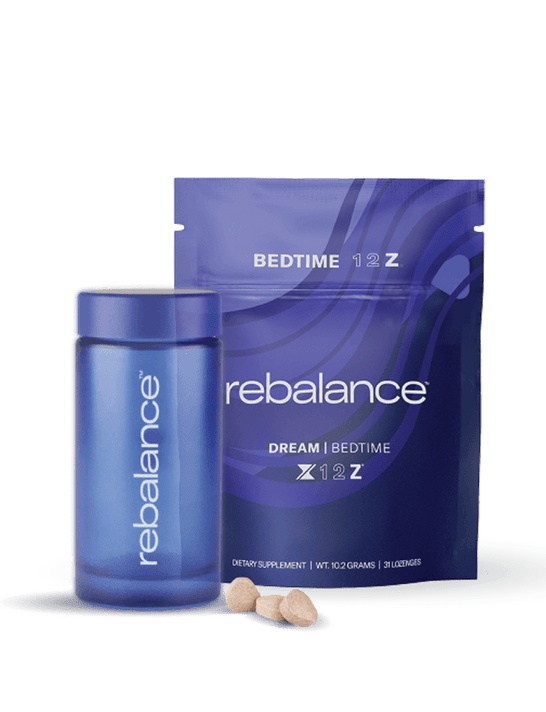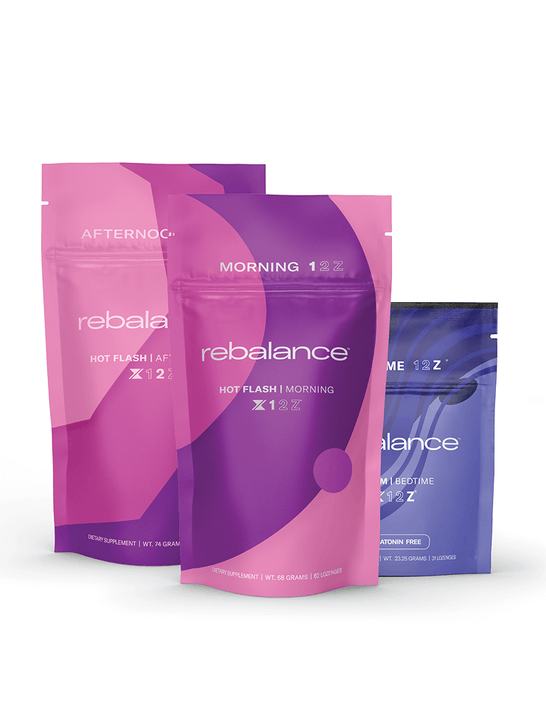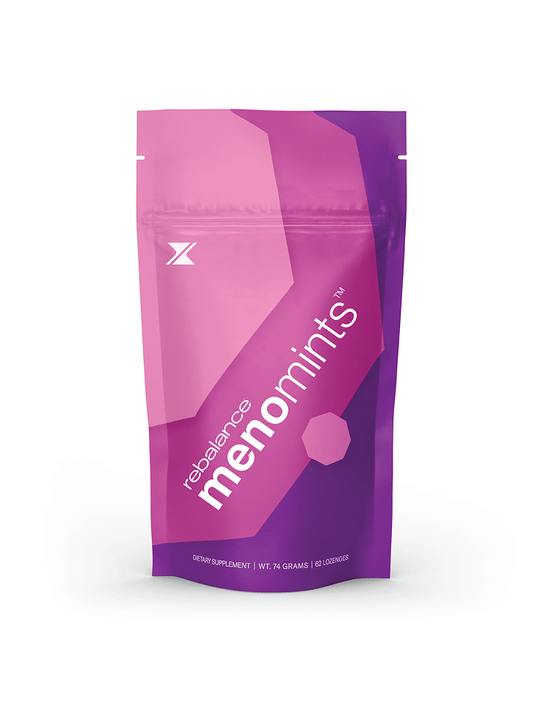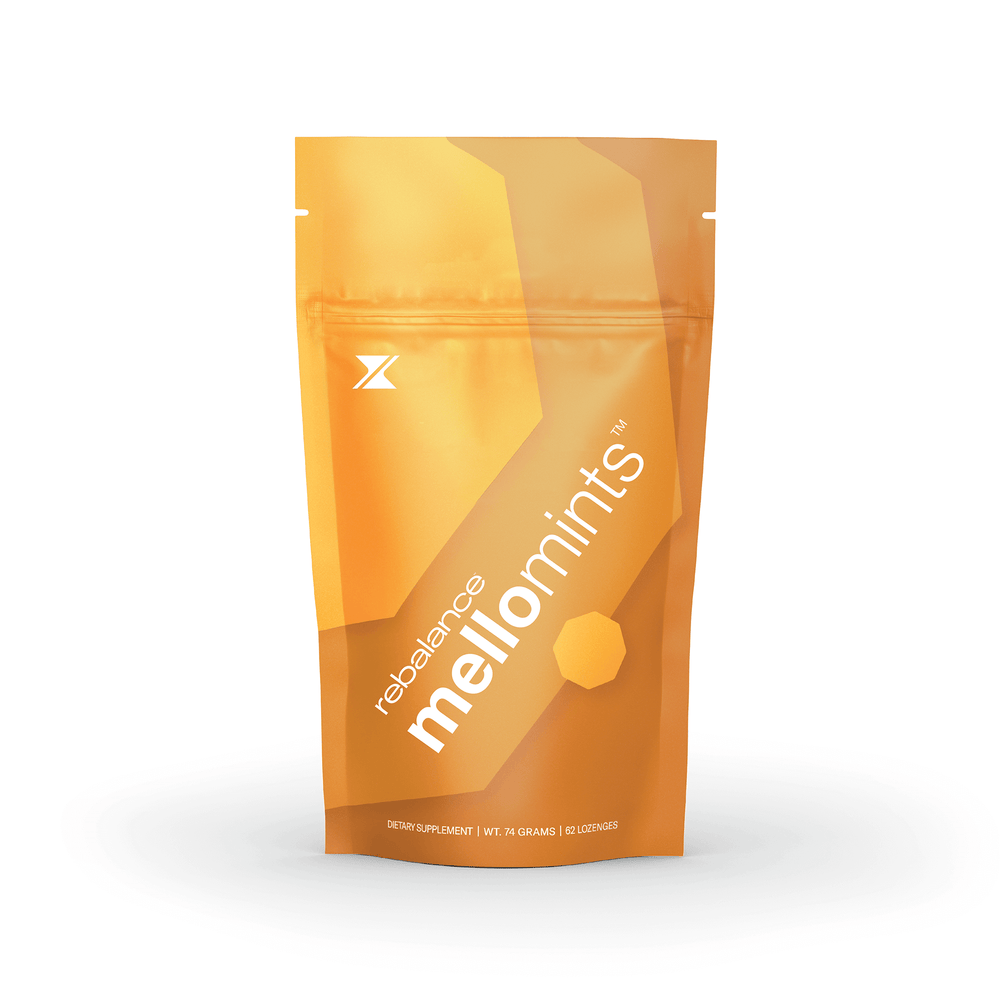From Burned Out to Balance: Tim Thackery's Journey to Wellness
07/31/2024 by Rebalance Health
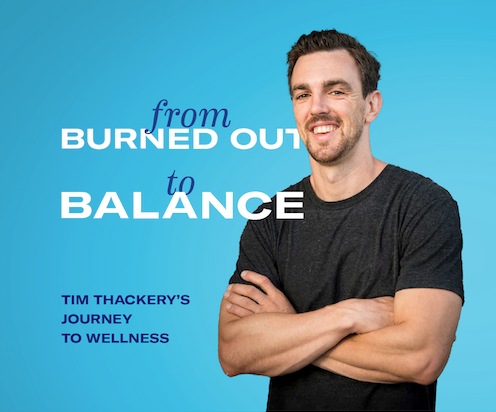
Tim Thackery’s story is not just about physical triumphs but also about a profound journey toward mental and emotional well-being. Growing up in a martial arts family, Tim trained in Tae Kwon Do for a decade, traveling the world and winning prestigious awards, including a gold medal at the Pan American Games and a bronze medal at the World Championships. However, after these incredible achievements, Tim decided to step away from sports—only to take an unexpected turn toward a new passion.
A New Path and Early Success
Tim’s transition from athlete to academic was marked by his enrollment in graduate school for political science at UCLA, with plans to become a professor. But the academic world didn’t quite fulfill him. "I didn't want to be a teacher’s assistant which was required to move up," he says. Instead, he started training kids in Tae Kwon Do, and this decision reignited his passion for fitness. What began as a side hustle quickly grew, leading to the opening of a gym and teaching fitness during the early days of CrossFit. "We went from 30-40 members to almost 350 in just 18 months," Tim recalls.
From Burned Out to Balance
However, owning and running a gym came with immense stress and responsibilities, which led Tim to experience severe burnout and depression. "Dealing with the stress of managing a business day to day was completely new to me and I just burned out. There was a 6-month period where I couldn’t even step foot in my gym," he confesses. A psychiatrist advised him to get early morning sunshine and improve his sleep, but even these simple steps felt overwhelming. "It was all just too much. I just wanted to sit at home in sweatpants and eat junk food – I was completely shut down," he remembers.
Tim's journey to recovery involved rebuilding his relationship with exercise. "I had only ever trained to win. I had never trained for fun before in my entire life," he says. This realization marked the beginning of a new adventure, focusing on training for enjoyment and the practicality of raising a family rather than competition. With two daughters and a renewed perspective, Tim adopted a lifestyle that balanced physical activity with mental and emotional health. "I train about 30 minutes a day now. I can't do six hours anymore based on my lifestyle and wanting to avoid that stress," he explains.
Emphasizing Hormonal and Mental Health
A critical aspect of Tim's transformation was understanding the importance of hormonal balance and mental health. "Is my cortisol out of wack? Do I have anxiety? I had to learn that I need early morning sunshine. If I don't get it, it messes up my seasonal affective disorder. To get early sunshine, I need to go to bed on time and ensure I get enough sleep because my body releases growth hormone in the early part of the evening," Tim shares.
Meeting Clients Where They Are
Tim’s approach to training his clients has evolved significantly. Many of his clients are former athletes dealing with lifestyle stress and struggling to prioritize their health. "When people say they don’t have time for something, it means it’s not a priority," he explains. "So, when someone says they don’t have time to work out, what they’re really saying is: ‘my health is not a priority.’ And when you tell them that, it’s a lightbulb moment.' If your health is a priority, you have to make time for it.”
Tim focuses on helping clients create structure and consistency around their habits. "If people can create structure and some consistency with their habits, it is the easiest place to start," he says. He emphasizes the importance of tying these habits to priorities. "One of the theories is that people are most organized in their life around things that are a priority to them."
Transformative Success Stories
Tim’s approach has led to numerous success stories. A lot of his clients are ex-athletes who’ve found themselves apathetic and disconnected from their previous capabilities. "I used to start them with a full meal plan, a way to track their macros and a workout plan, but emotionally, it was all wrong," he says. Now, Tim starts with simpler steps: "It can be as simple as sending me three things you’re grateful for in the morning. It’s not personal training on paper, but it’s so important to help people regain their self-confidence."
One of his favorite success stories involves a client with imbalanced cortisol. "One client had very low cortisol, which was inhibiting his testosterone production. He wanted to jump right into hard workouts, but we started small, with walks, getting outside and touching grass, getting better sleep," Tim explains. "Making sure your hormones are in balance is the foundation for being able to get into a healthier place."
The Role of Rebalance Health
For Tim, Rebalance Health has been a crucial part of his journey and the journeys of his clients. "With Rebalance, it’s just part of getting into a healthy routine. We eat three times a day and Rebalance is taken three times a day. Just take the lozenges after you eat, and you can easily build it into a routine and make it a powerful habit that will have a hugely positive impact on your health and life."
Overview

Stay Calm. Sleep Deep. Wake Clear.
A lozenge that supports deep sleep, better REM, and calmer nights. Without melatonin — unless you want it.

